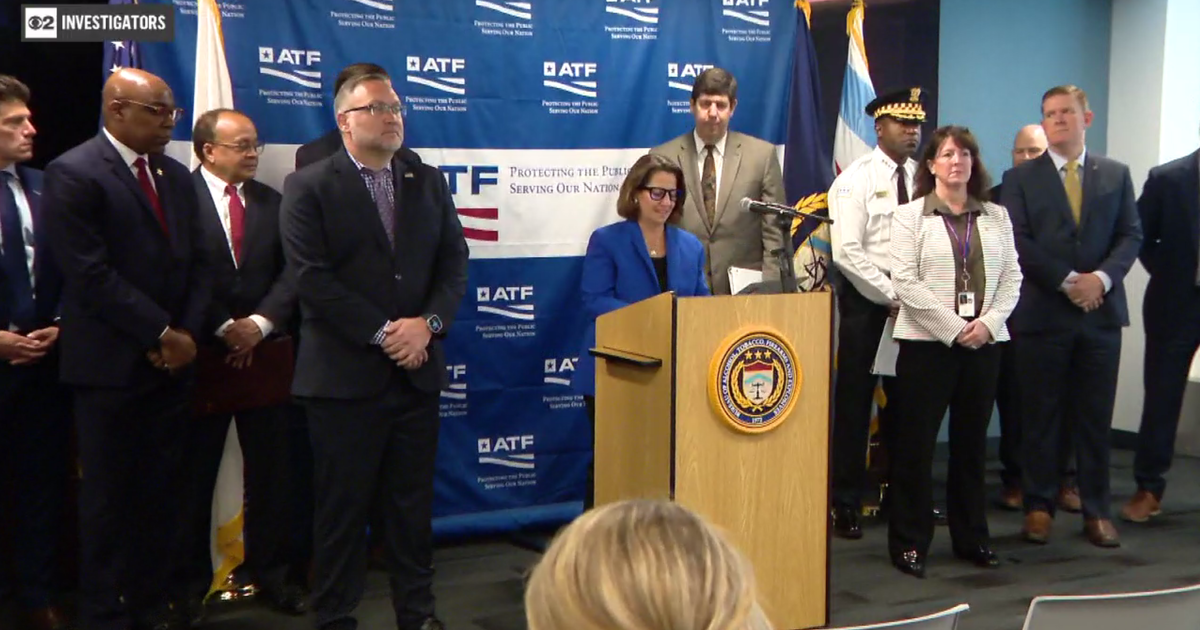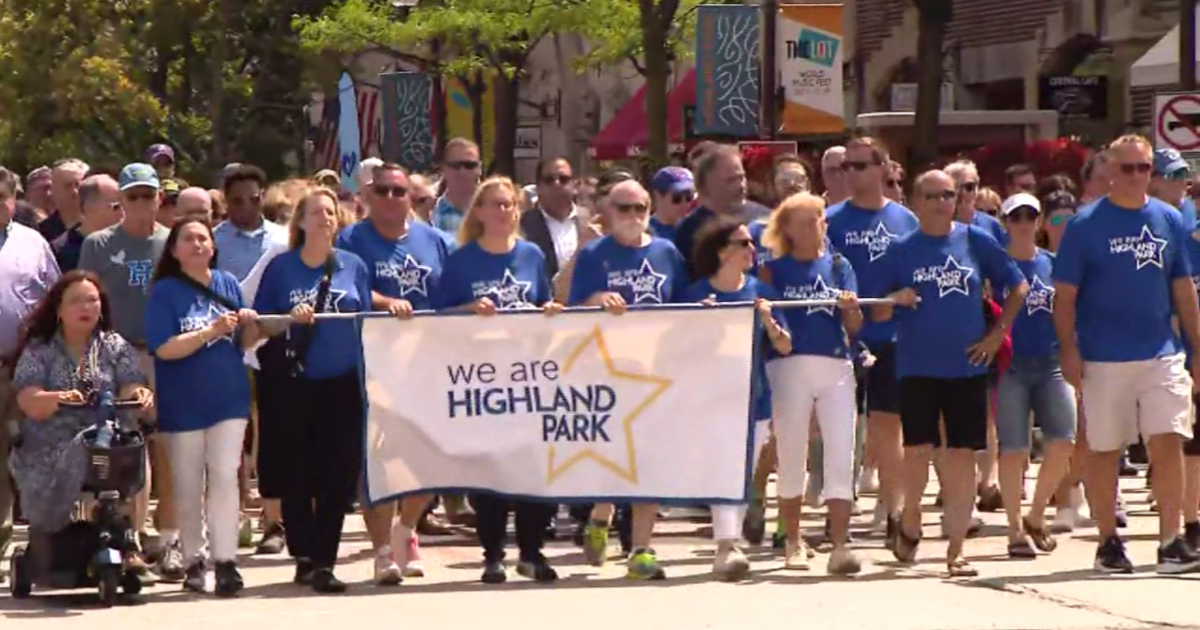City Launches New Violence Reduction Dashboard In Effort To Improve Crime Data Reporting
CHICAGO (CBS) -- The Mayor's office on Wednesday announced the launch of the city's Violence Reduction Dashboard, created in conjunction with the University of Chicago Crime Lab to support Mayor Lori Lightfoot's community-based violence reduction efforts.
The dashboard was also developed with input from street outreach and victim services providers and city departments. It displays what the Mayor's office called a largely inequitable impact of violence on the city – both geographically and demographically.
"It is critically important for our communities to have access to information and data on the state of violence throughout our city, and this dashboard will be a monumental value-add toward making that access more equitable," Mayor Lightfoot said in a news release. "The transparency and accessibility created by this tool are vital not only for our residents but also our many nonprofit partners who work to address our city's challenges with reducing violence. With the Violence Reduction Dashboard, we will be able to create a more level playing field for our community organizations and residents as we work together to both understand the levels of violence in their neighborhoods and respond quickly and holistically to changing trends."
The dashboard offers "unprecedented access" to data on violence in Chicago, and ensures that community organizations have the latest information as they work to interrupt and stop violence. The Mayor's office hopes those organizations will be able to work better with police and other city departments using the dashboard as everyone plans for summer safety initiatives.
Unlike similar past efforts, the dashboard is focused on victimization counts broken down through the city's 77 community areas, rather than incidents broken down through police districts and beats.
The data include:
• Violent crimes such as homicides, shootings, aggravated assault, carjacking, aggravated battery, domestic violence, and human trafficking;
• Victim demographics broken down by age, race, and sex or gender identity;
• Visualization and explanation of the "Safety Gap," showing the difference in the rate of shootings and homicides in different community areas;
• An incident map of violence crime types and ShotSpotter detections;
• The time of day and the day of the week of victimizations.
As it is now, the crime-related datasets on the city's Open Data portal are updated a week behind. The new dashboard will reduce that to two days.
"This tool will be a tremendous asset to everyone who everyone who works toward reducing violence in Chicago," Ald. Chris Taliaferro (29th), Chairman of the City Council's Public Safety Committee, said in a news release. "Just as a rising tide lifts all ships, equitable access to data surrounding violence in this city is an important tool in lowering those levels of violence and healing our communities."
"The University of Chicago Crime Lab is grateful for the opportunity to provide the technical expertise used in the building of this first-of-its-kind tool," Crime Lab Executive Director Roseanna Ander said in the release. "We hope that it not only makes data usable and useful, but also empowers residents to hold public and civic sectors accountable as they identify how to allocate resources and what strategies to invest in--including those outside law enforcement--to reduce gun violence and make our communities safer."



